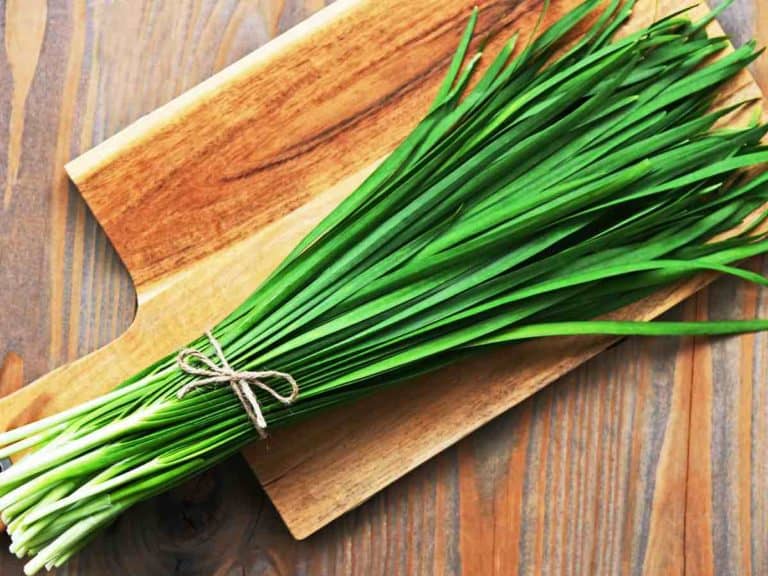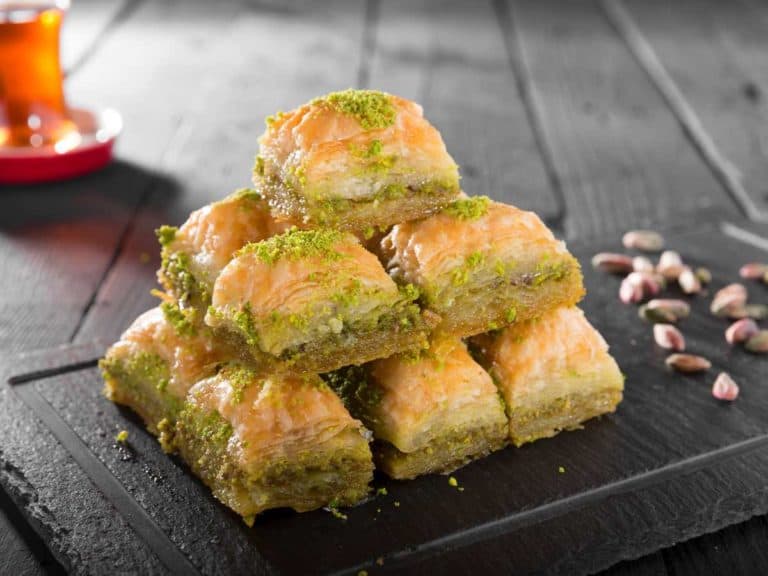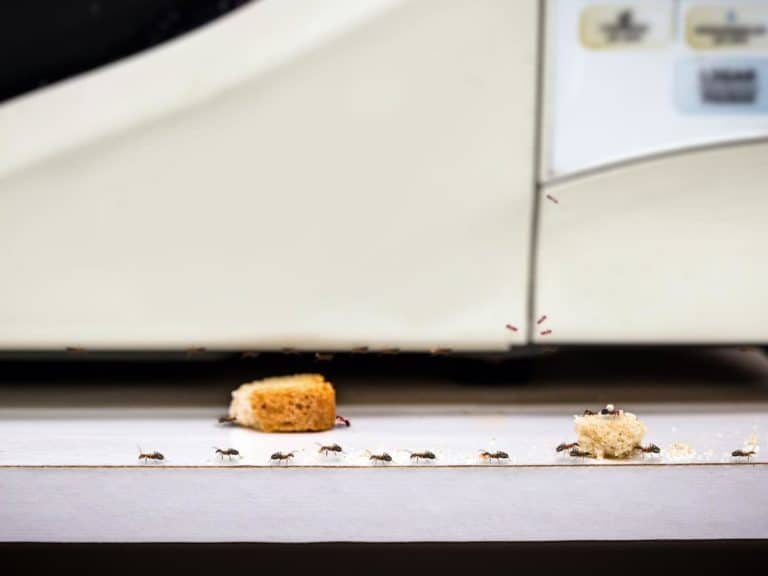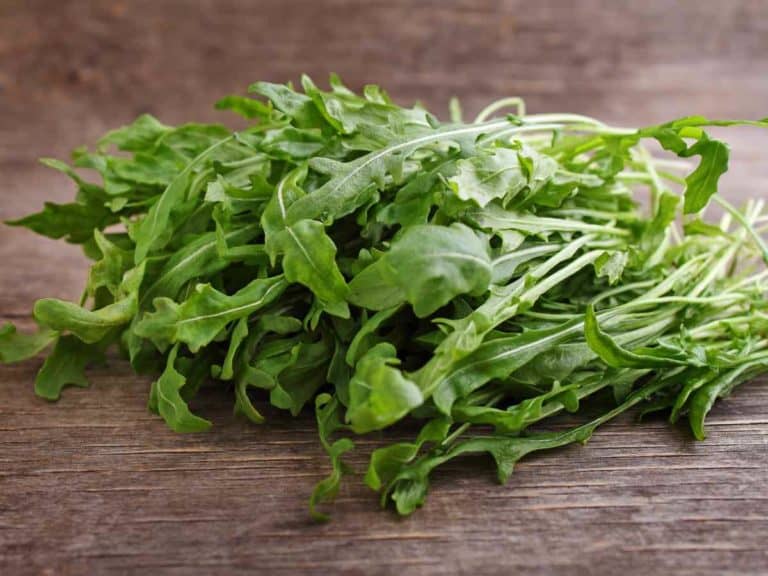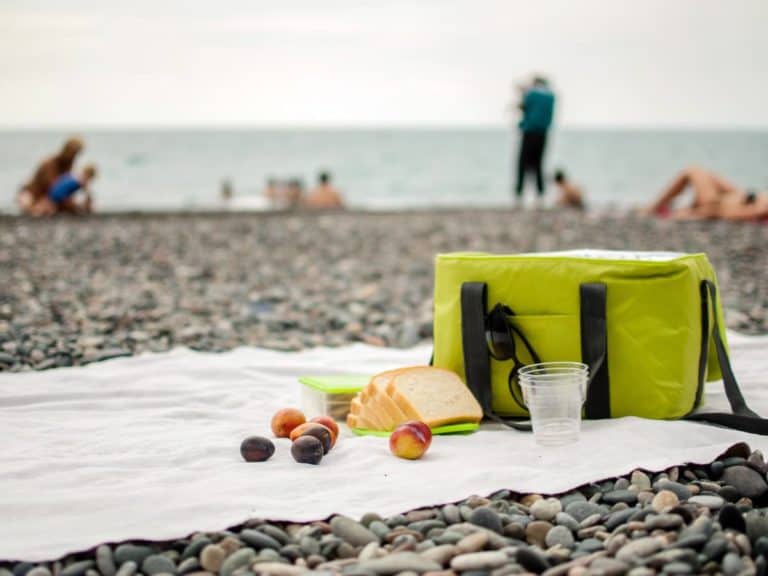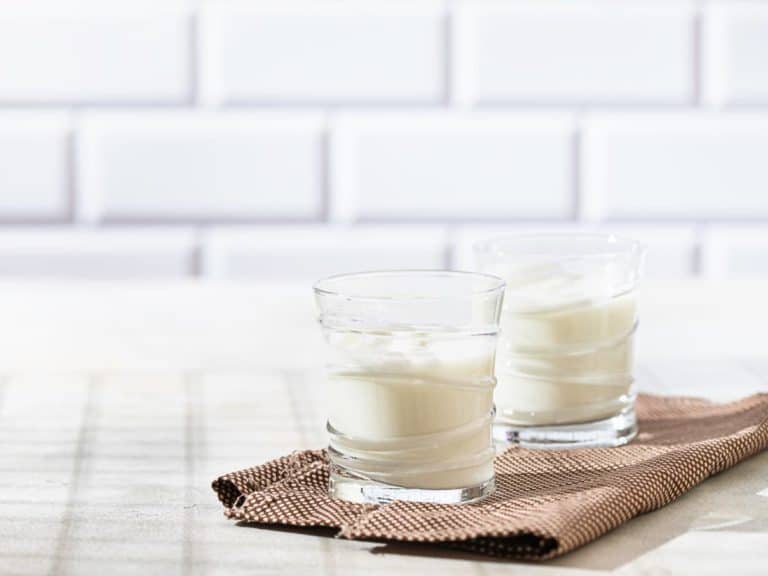Is It OK to Cook Canned Food in a Can?
Sometimes, you get so lazy you’re happy to eat canned food. But sometimes, you can’t even be bothered to take it out of the can, even if you want to cook it. So you might be asking: Is it ok to cook canned food in the can?
While you can cook canned food in the can, it’s not recommended. The main purpose of the can is to hold the food until you are ready to eat it. It was never meant as cooking equipment. The reason is that some materials from the can leach into the food.
The safety of cooking canned food in the can has been a hot topic. Some argue that it should be okay since canning involves heating the can. So if you still have your doubts, you can find out below why it may not be a good idea
What’s In The Can?
In 1810, Peter Durand patented a can made of iron and tin. The tin was added because it helped keep the iron from rusting. Today, people from England and Australia still refer to cans as tin. Unfortunately, there was a problem with tin cans. Acidic foods like fruits would corrode the tin layer, and the tin enters the food.
That was bad because tin is toxic. Fast-forward to the 1900s, stainless steel was invented. Today, stainless steel is used in several industries, including canning. But unfortunately, even steel has its problems.
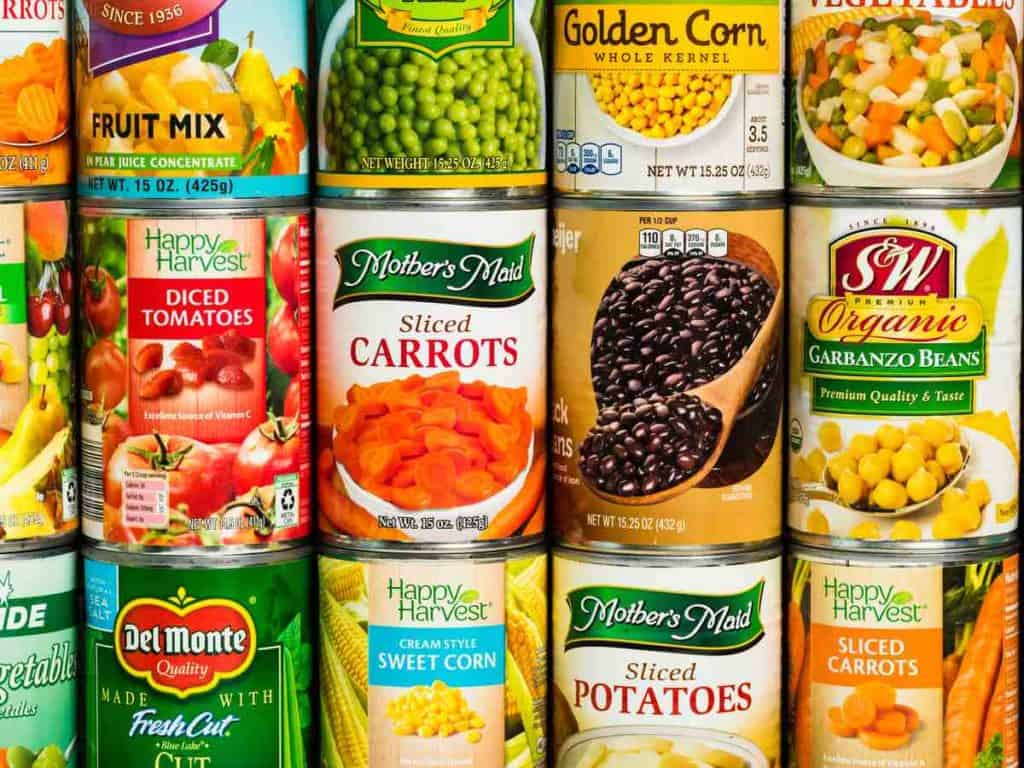
Steel
Food grade stainless steel is the metal of choice for many cooking types of equipment. Stainless steel is a mixture of different materials like iron, chromium, and carbon. Steel is classified by grades.
Each grade has different proportions and the presence of materials. Grade 304 is the most common in the world, and it is also appropriate for handling food. Other food grade steels are grades 316 and 430.
The main reason these steel grades are okay for food is they resist chemical damage. The 304, 316, and 430 grades have around 18% chromium. The 304 and 316 grades also have around 12% nickel.
The chromium protects the product from oxidization or rust. Meanwhile, the nickel content rescues the food-grade drum from corrosion. The higher the nickel content, the more resistant the stainless steel is to corrosion.
Unfortunately, these food grade steel has another problem: leaching. The metals that compose the steel, like iron and even nickel and chromium, can leach out. Leaching happens when the material gets dissolved by whatever it is in contact with.
It can be dissolved in many ways. A common way is by heat.
So high temperatures like in cooking or just by getting left under the sun can cause the metal to leach. A second way is when the metal chemically reacts with whatever it is in contact with, like food. And a third way is when the steel is physically damaged, like when it is scratched.
Coatings
To prevent the metal from leaching, the can interiors were coated with resins. Bisphenol-A (BPA) was among the coatings commonly used. BPA was also used to help harden plastics. Unfortunately, it was later found that BPA would also leach. What was even worse was BPA can mess with hormones and organs.
Places like Canada and the European Union declared BPA as toxic. It is even banned in baby bottles and other children’s items. Some companies opted to use other coatings. But BPA still remains prevalent in many canned foods. The longer a can with BPA is exposed to heat, the likelier the BPA will leach out.
Related Article: How To Store Canned Food And Avoid Mess
But Aren’t Cans Heated During Canning?
Yes, but not all can are heated. And those that are heated are done carefully and controlled. The process is monitored by people and machines.
The process is also done in a facility that is designed to safely do it. Plus, after getting sealed, some of the cans are brought to a lab. Analysts would check for harmful substances and microorganisms.
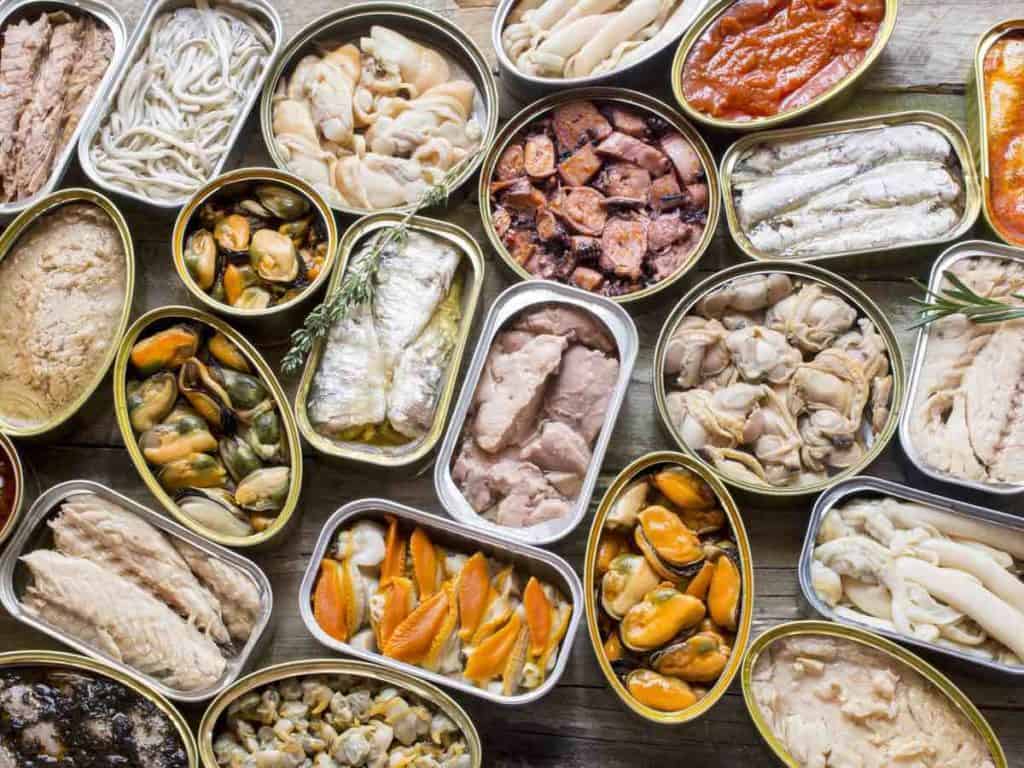
How To Safely Eat Canned Food
Canned food is still safe to eat. Otherwise, they wouldn’t even make it to the grocery shelves. You can simply eat the food immediately after you open the can. You can eat it directly from the can or serve it on something else. But if you are adamant about cooking it, you have some options.
Cook Canned Food On Proper Equipment
If you want to cook it, do it on proper cooking equipment like a pan. Doing so gives you more freedom because you can toss in other ingredients.
Do the same if you just want to reheat it. If you will use an oven, put the contents in a different container. Never heat the can in a microwave. Microwaving metals can cause sparks and potential explosions.
But what if you’re on a hike up the mountains? You probably already packed a bunch of hiking or camping materials. Just throw in some cookware too.
Don’t Do It With Aluminum Cans
Cooking canned food in stainless steel cans may pose some harm. Heating can release some of the metals and the coating used. But cooking food in aluminum cans is definitely harmful. Not only is aluminum toxic, but it also leaches out more easily than the metals in steel.
Remove The Top And Label
Remove the top before heating or cooking. Doing so prevents any pressure buildup. Remove the label to prevent unwanted fires. If you are cooking with an open fire outside, some ashes might get into the food.
There are ways to keep ashes out while still preventing pressure buildup. You can punch some holes at the top. Alternatively, you can remove the lid and put a loose cover on top.
Do It Fast
Lastly, if you’ll do it, do it quickly. The longer you expose the can to the heat, the more the metal and coating will leach. Since the food is ready to eat, you don’t need to really cook it. Just warm it up.
Related Article: 10 Yummy Substitutes for Canned Tomatoes
Related Questions
Can you reuse the cans to reheat or cook other food?
Reusing cans to reheat the food is not a good idea. That can would have already been stressed the first time you heated it. Doing it repeatedly will definitely let the metals and coating leach. If you’ll reuse the can, do it for other non-food purposes.
Is it safe to eat from dented cans?
Whether it is safe to eat from dented can depend on the type of dent. If the dent just happened, then the food is still safe. If you don’t know how it happened, check if the can was punctured. There may even be microscopic holes. If the can is bloated, then definitely avoid it. Cans bloat because of gas buildup from respiring microorganisms.
